Masthead
Primary Editors

Zac Endter
Primary Editor
Zac Endter is a PhD student in modern European and American history at NYU. He holds a B.A. in Economic History from the University of Pennsylvania and and an M.Sc. in Political Theory from the London School of Economics and Political Science. His dissertation studies the co-development of technical interfaces and social psychology from the interwar period to the 1970s, focusing on Germany and the US.

Rajosmita Roy
Primary Editor
Rajosmita Roy is a PhD scholar of History with interests in the history of modern South Asia, imperial, gender and intellectual history at the School of Oriental and African Studies, University of London, funded by the SOAS Research Studentship. Her research studies the process of women’s subject formation while tracing the discourse between Indian and English women through a study of the periodical press between colonialism and nationalism in British India. Prior to this, she had been awarded the Chancellor’s International Scholarship at the Institute of Development Studies, University of Sussex where she received her Masters in Gender and Development Studies. She holds a Bachelor’s degree in History from Lady Shri Ram College, University of Delhi, India. Her writings have appeared in Political Theology—Routledge and Women & Society: Journal of the Advanced Centre for Women’s Studies. She has worked on the research and development of the project History for Peace under The Seagull Foundation for the Arts.

Jacob Saliba
Primary Editor
Jacob Saliba is a doctoral candidate in history at Boston College. His dissertation, “The Discovery of the Sacred in Interwar France: From Contestation to Cooperation, 1919-1941” examines and critically reflects on the mutual intellectual projects and community bonds that formed between Catholic, Jewish, and secular French intellectuals between World War I and World War II. Major themes include phenomenology, existentialism, Hegelianism, and personalism. His research has been supported by grants and fellowships from the Social Science Research Council, Boston College, Loyola University Chicago, and the University of Notre Dame. Jacob has also presented on themes of Catholicism, modern philosophy, and French intellectuals at the American Catholic Philosophical Association, The American Catholic Historical Association, The American Historical Association, and others. He holds a BA in Political Science and Economics with honors from Ohio Dominican University and a MA in political philosophy from Boston College.
Contributing Editors
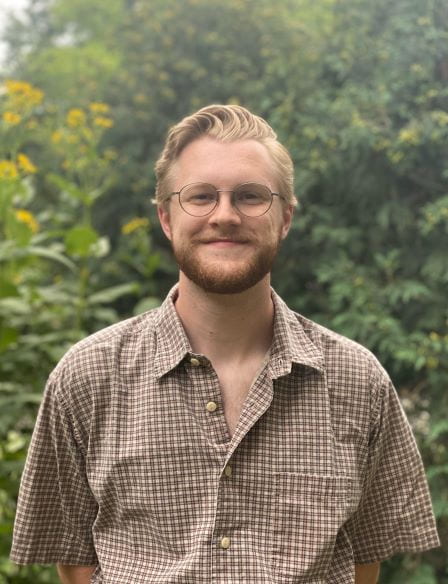
Kelby Bibler
Contributing Editor
Kelby Bibler is a Ph.D. student in the Department of Philosophy at the University of Memphis, where he studies the philosophy of mind and embodied cognition. His research uses the methodological frameworks of phenomenology and 4E cognition to investigate the perceptual contents and effects of non-traditional states of consciousness. Because of the interdisciplinary nature of this work, he grounds his research in empirical data and the history of philosophy, attempting to display its application for our personal and social lives.
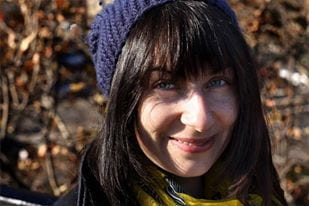
Nuala P. Caomhánach
Contributing Editor
Nuala P. Caomhánach is a doctoral student in the Department of History at New York University and evolutionary biologist at the American Museum of Natural History. Her research focuses on the concept, meaning, and construction of biological Time and Space across three bodies of scientific knowledge—Ecological, Malagasy, and Phylogenetic—as applied to conservation ideology and policy from the late nineteenth century to the present day. In short, her dissertation aims to understand how Madagascar became the botanical museum to save all of nature (and thus, mankind).

Jonathon Catlin
Contributing Editor
Jonathon Catlin is a Postdoctoral Associate in the Humanities Center at the University of Rochester, where he also teaches in the Department of History. He earned his PhD from Princeton in 2023. His current project is a history of the concept of catastrophe in twentieth-century German and Jewish thought, from the First World War to the climate crisis. His research has been published in History and Theory, Memory Studies, Radical Philosophy, Antisemitism Studies, and edited volumes about the Frankfurt School and antisemitism, Zygmunt Bauman, Herbert Marcuse, and environmental apocalypse.
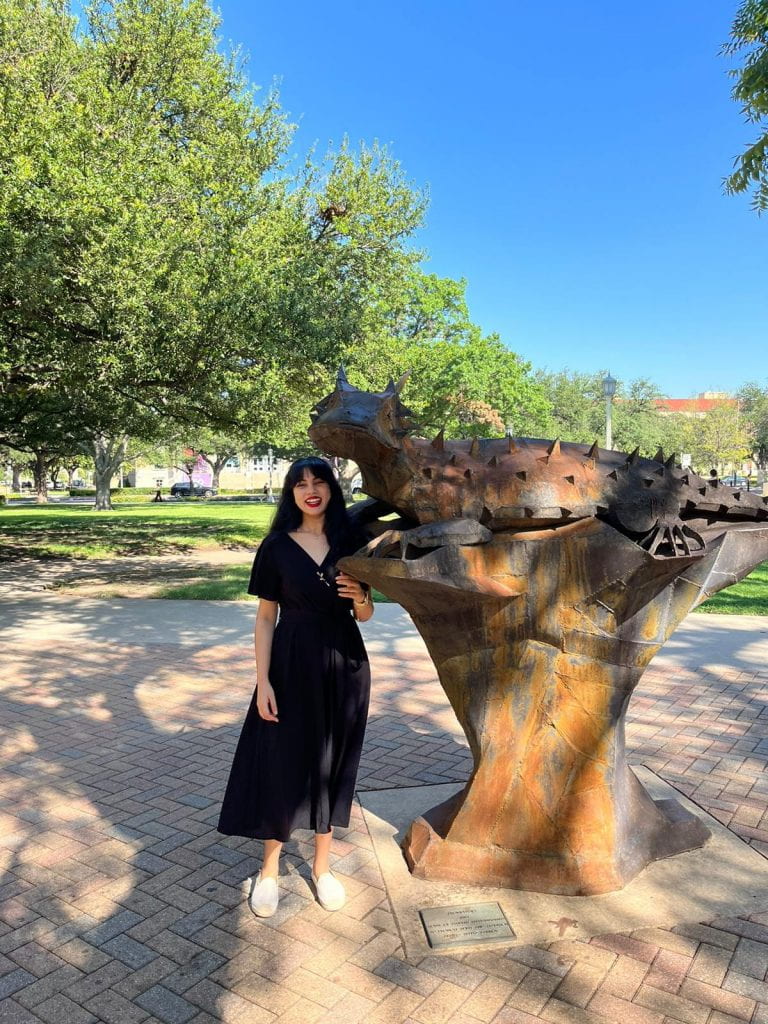
Sanjana Chowdhury
Contributing Editor
Sanjana Chowdhury is a PhD candidate in the Department of English at Texas Christian University. She has also completed a graduate certificate in Comparative Race and Ethnicity Studies. Sanjana is the copy editor of the digital humanities project Teaching Transatlanticism, an online resource for teaching nineteenth-century Anglo-American print culture. Her peer reviewed essay on Hinduism has been published in the Palgrave Encyclopedia of Victorian Women’s Writing (ed. Dr. Lesa Scholl), 2022. Her research interests include Long Nineteenth-Century literature, marxist theory, postcolonial theory, critical race theory, and British Empire history. She is currently researching foodways of the British Raj.

Parker Cotton
Contributing Editor
Parker Cotton (he/him) is a doctoral candidate in theology at Wycliffe College, University of Toronto. He is working in early modern religious history, specifically religious toleration and the interpretation of scripture in northern Europe. His dissertation examines how the French philosopher Pierre Bayle used the Scripture in arguments for religious toleration in the Dutch Republic. His interests include ice hockey and his two cats, Mickey and Baby, and his dog, Diesel.
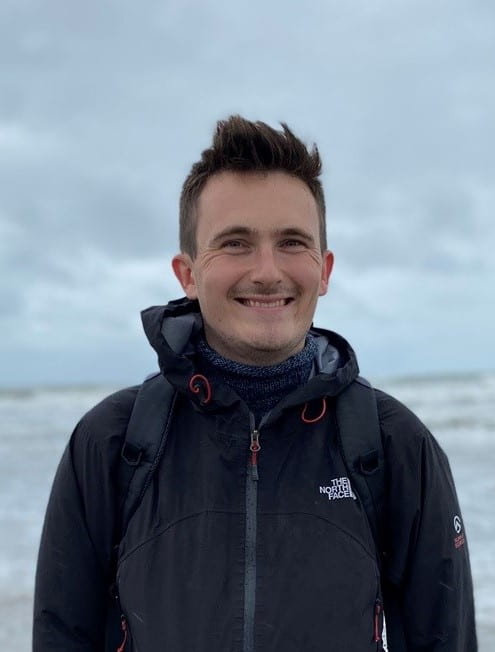
Tom Cryer
Contributing Editor
Tom Cryer (he/him) is a London Arts and Humanities Partnership-funded doctoral researcher at University College London’s Institute of the Americas. His dissertation examines histories of race, nationhood, and memory through the life, activism, and scholarship of the historian John Hope Franklin. He received his MA, MPhil, and BA from the University of Cambridge, and is a passionate podcaster and host on New Books in American Studies. He has secondary interests in African American intellectual history and the intellectual histories of education, publishing, liberalism, and the American South.

Rose Facchini
Contributing Editor
Rose Facchini is a Lecturer in Italian at Tufts University and the Editor and Italian Translator Editor for the International Poetry Review. Her main research focuses on the intersection between Italian studies and environmental humanities, with a focus on climate change and foodways. She also explores how Italy imagines the rapidly changing landscape through speculative fiction and how this correlates in the real world with policymaking and sociocultural adjustments. Her translations have been published in a wide range of journals and by various publishing houses, such as Asymptote, Snuggly Books, and West Branch, and her research appears in Military Medicine.
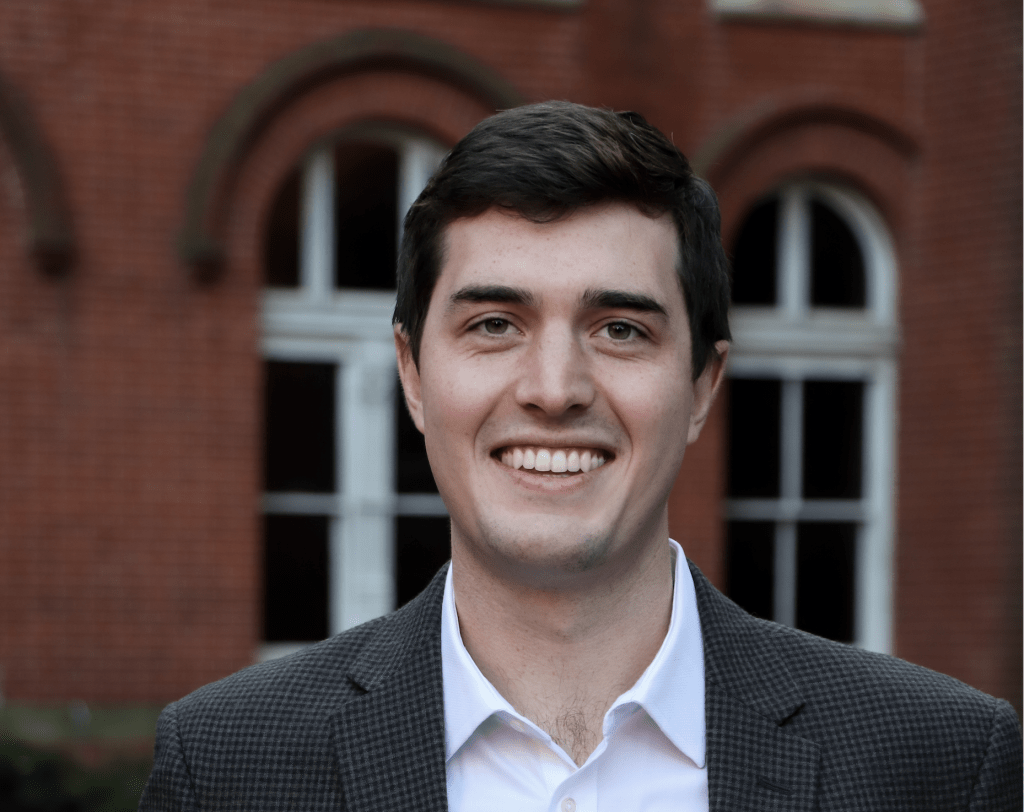
Andrew Gibson
Contributing Editor
Andrew Gibson is a Ph.D. candidate in the Department of Government at Georgetown University and a Hans J. Morgenthau Fellow with the Notre Dame International Security Center. He is currently writing a dissertation on the “transatlantic Machiavelli,” focusing on twentieth-century debates over the Florentine’s political-historical legacy. He holds MAs from Georgetown University and the University of Chicago and earned his BA (Honors, Phi Beta Kappa) from James Madison College at Michigan State University. His interests revolve around early modern republicanism, German historicism, and the history of strategic thought.
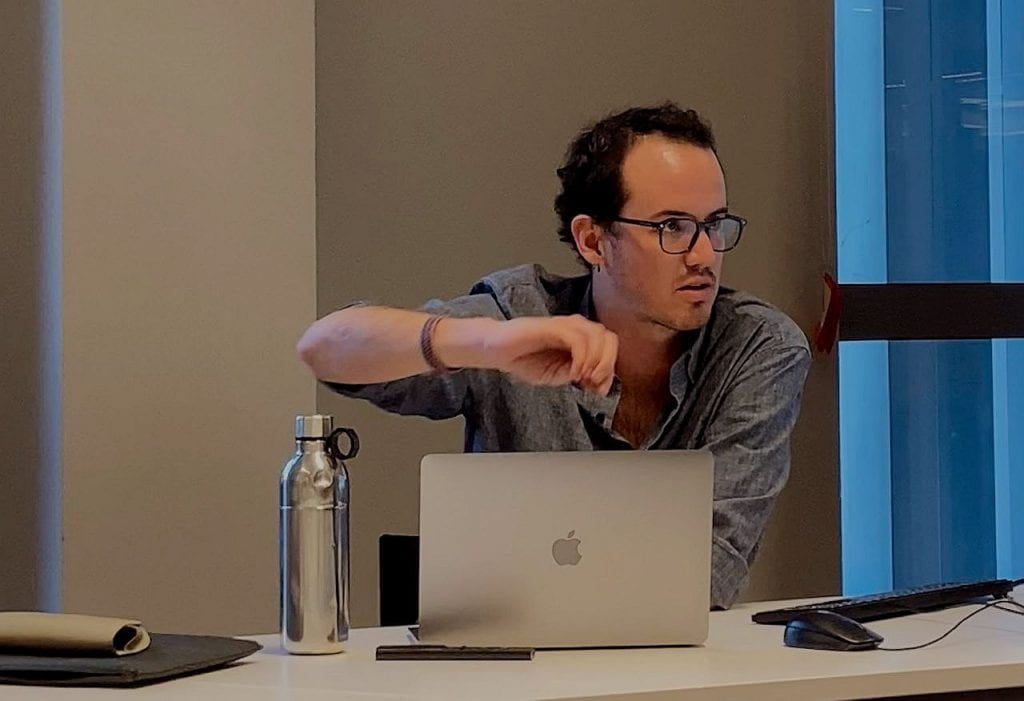
Matias X. Gonzalez Field
Contributing Editor
Matias X. Gonzalez is currently a postdoc fellow at the Fondazione Luigi Einaudi in Turin. He holds a PhD in Global History of Empires by the University of Turin, with a dissertation on the fraternal chain built by the French and Mexican nineteenth-century working nations. His academic formation began in Mexico City at the UAM-Iztapalapa and the UNSAM in Buenos Aires. His research interests range from conceptual history of socialism, sociopolitical history of labor and work, to the history of nation-building in Latin America and Europe in an inter-connected perspective.

Minke Hijmans
Contributing Editor
Minke Hijmans is a PhD researcher with the School of History at the University of St Andrews. She holds an undergraduate degree in Anthropology and a Master Of Letters in Global Social and Political Thought. Her MLitt dissertation focused on “acting-with” plants in gardened spaces, “re-gardening” the legacies of empire. Her doctoral project traverses a global intellectual history of capitalist agriculture, enveloped by a story of two botanic gardens in India and Indonesia. Minke’s research interests include nonhuman (global) intellectual histories, environmental humanities, postcolonial studies, and any broadly creative, interdisciplinary research that critically imagines more viable futures.

Alec Israeli
Contributing Editor
Alec Israeli is a PhD student in the Department of History and Committee on Social Thought at the University of Chicago. His research considers overlaps of intellectual history, labor history, and the history of capitalism in the 19th-century Atlantic world, focusing on contemporary theorizations of free and unfree labor in the realms of political economy, philosophy, and aesthetics. He is additionally interested in the philosophy of history (and the history of the philosophy of history). Alec received a BA (Highest Honors, Phi Beta Kappa) in History from Princeton University, and an MPhil (Distinction) in Political Thought and Intellectual History as a recipient of a Dunlevie King’s Hall Studentship at Trinity College, University of Cambridge. Prior to beginning at the University of Chicago, he worked for two years as an assistant editor at Jacobin, a publication of the US Left. Alongside writing for the JHI Blog, his work has appeared in Modern Intellectual History, an upcoming Brill volume on American Transcendentalism and materialist thought, Jacobin, and elsewhere.
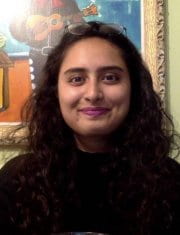
Disha Karnad Jani
Contributing Editor
Disha Karnad Jani is a Postdoctoral Researcher in the Research Training Group (RTG) “World Politics” at Universität Bielefeld. Her current book project is an intellectual history of the League Against Imperialism, 1927-1937. She is the co-host of In Theory, the podcast of the JHI Blog.

Daniel Judt
Contributing Editor
Daniel Judt is a PhD candidate in U.S. history at Yale University. His research focuses on social theory and the history of capitalism in the late twentieth century. His dissertation, provisionally titled Matters of Time, examines leftwing debates about the nature of temporality under neoliberal capitalism. Daniel received a BA in history from Yale in 2018 and an MPhil in political theory from Oxford in 2020. Prior to beginning his PhD, he worked as a political organizer with UNITE HERE Local 11, a hospitality-workers union in California and Arizona, where he developed a workers’ education program for union members.
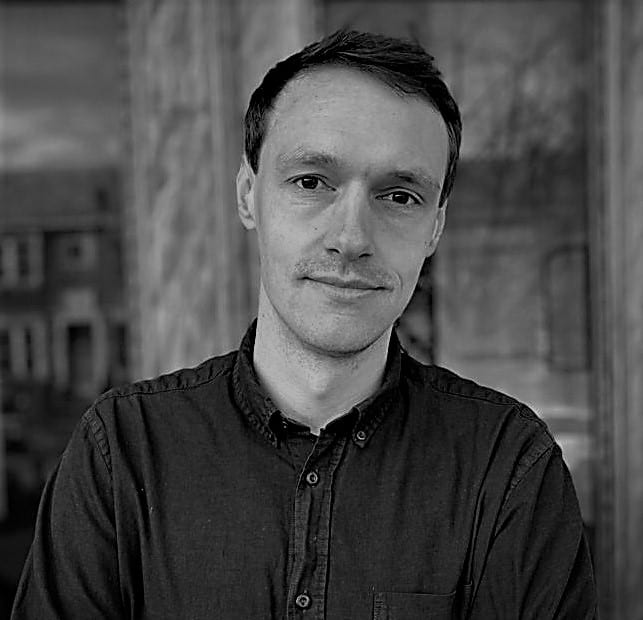
Jonas Knatz
Contributing Editor
Jonas Knatz is a Ph.D. candidate in modern European history at New York University. He holds a B.A. in Liberal Arts from University College Maastricht and an M.A. in Interdisciplinary Antisemitism Studies from Technical University Berlin. He is currently writing a conceptual history of the Western European automation of labor, focusing on how the transformation of work after World War II constituted an intellectual event that altered the concepts with which philosophers, sociologists, engineers, and politicians understood their historical moment.

Dibyokamal Mitra
Contributing Editor
Dibyokamal Mitra is an Assistant Professor in English Literature, practising musician and psychoanalyst from Kolkata, India. He is pursuing a PhD on the works of Girindrasekhar Bose, the world’s first non-western psychoanalyst from Jadavpur University. He also plays violin at the Effem Ensemble, the jazz band The Big Other as well the Bengali musical ensemble Borno Anonyo.
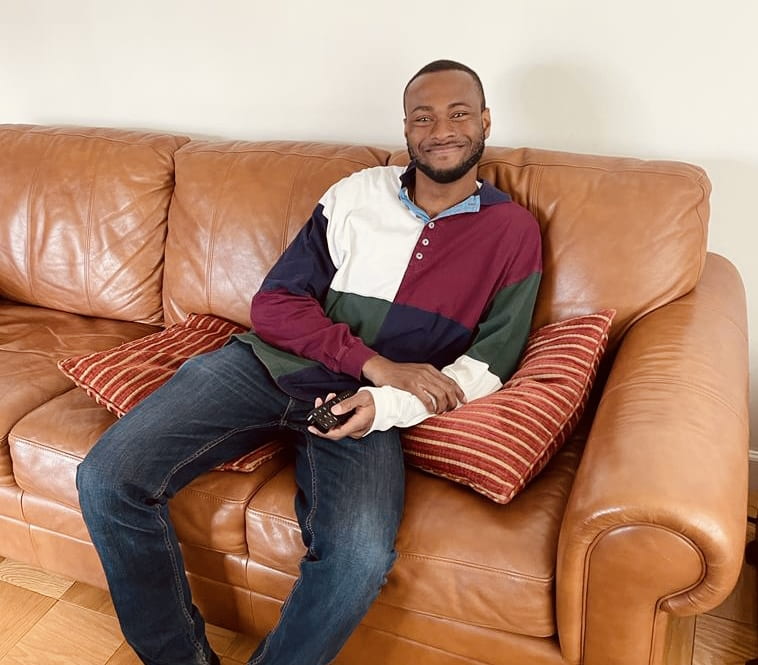
Tomi Onabanjo
Contributing Editor
Tomi Onabanjo is a doctoral student at New York University who studies African and African diasporic history. He is specifically interested in discursive practices of ethnic, racial, and national identification in West Africa during the late nineteenth and early twentieth century. He holds a BA in History and Africana Studies from Brown University. His writing has appeared in the Chicago Review of Books, Electric Literature, and The Brown Undergraduate Journal of Middle East Studies. Tomi is also a 2023–2024 National Book Critics Circle (NBCC) Emerging Critic.
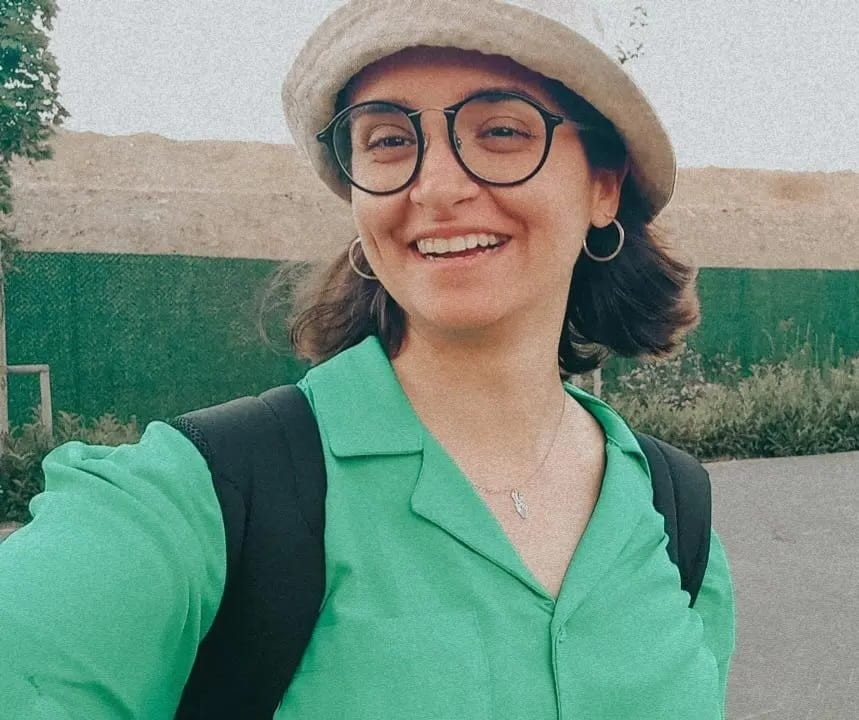
Nilab Saeedi
Contributing Editor
Nilab Saeedi is a researcher at the Institute for Habsburg and Balkan Studies at the Austrian Academy of Sciences in Vienna, Austria. She is also pursuing her doctoral studies in history at İbn Haldun University in Istanbul, Turkey. Nilab holds a Master of Arts (M.A.) in Ottoman Literature and a Bachelor of Arts (B.A.) with a double major in Modern Languages and Persian Studies. She has also worked in the field of education as a Teaching Fellow at İbn Haldun University. Nilab’s research focuses on early modern Ottoman history, the intellectual legacy of Islamic scholarship, and manuscript studies. Fluent in several languages, including Turkish, English, Arabic, Ottoman Turkish, Persian, Uzbek, Hindi, Urdu, and Kurdish, and with a basic knowledge of German. Nilab is currently working on her doctoral dissertation entitled “MUṢLIḤ AL-DĪN AL-LĀRĪ” (d. 979 / 1572) “AN INTELLECTUAL OF THREE EMPIRES,” which explores the life of a Muslim scholar who played a significant role in the Safavid, Mughal and Ottoman Empires.
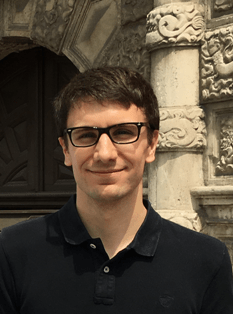
Philippe Schmid
Contributing Editor
Philippe Schmid is a PhD candidate in Modern History at the University of St Andrews. His work focuses on the collection and reuse of scholarly books in early modern Germany. Employing a book historical methodology for the wider history of knowledge, he is particularly interested in why used books played such a central role for the early modern transmission of knowledge. From 2017 to 2018 he was a research fellow at the Herzog August Library in Wolfenbüttel, and in 2021 he was a visiting fellow at Harvard University.
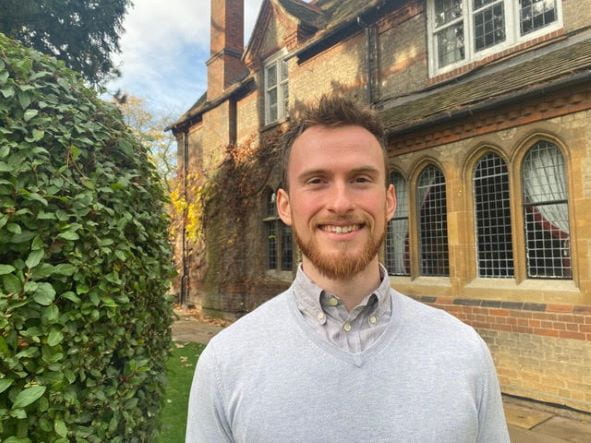
Luke Wilkinson
Contributing Editor
Luke Wilkinson is a PhD student in Theology and Religious Studies at the University of Cambridge. He is working on a thesis on Muslim-Christian relations in Malta (1600-1800), where he grew up. He has been working as Contributing Editor at the JHI Blog since November 2022 and is now also Associate Editor for Project Noon, which aims to facilitate Hindu-Muslim dialogue.

Dennis Wieboldt
Contributing Editor
Dennis Wieboldt is a J.D./Ph.D. student in history at the University of Notre Dame, where he is a Richard and Peggy Notebaert Premier Fellow at the Graduate School and Edward J. Murphy Fellow at the Law School. His research explores the relationship between law, politics, and religion in the twentieth-century United States. His refereed scholarship has been published or is forthcoming in American Catholic Studies, U.S. Catholic Historian, the Journal of Catholic Social Thought, and Horizons, among other venues.
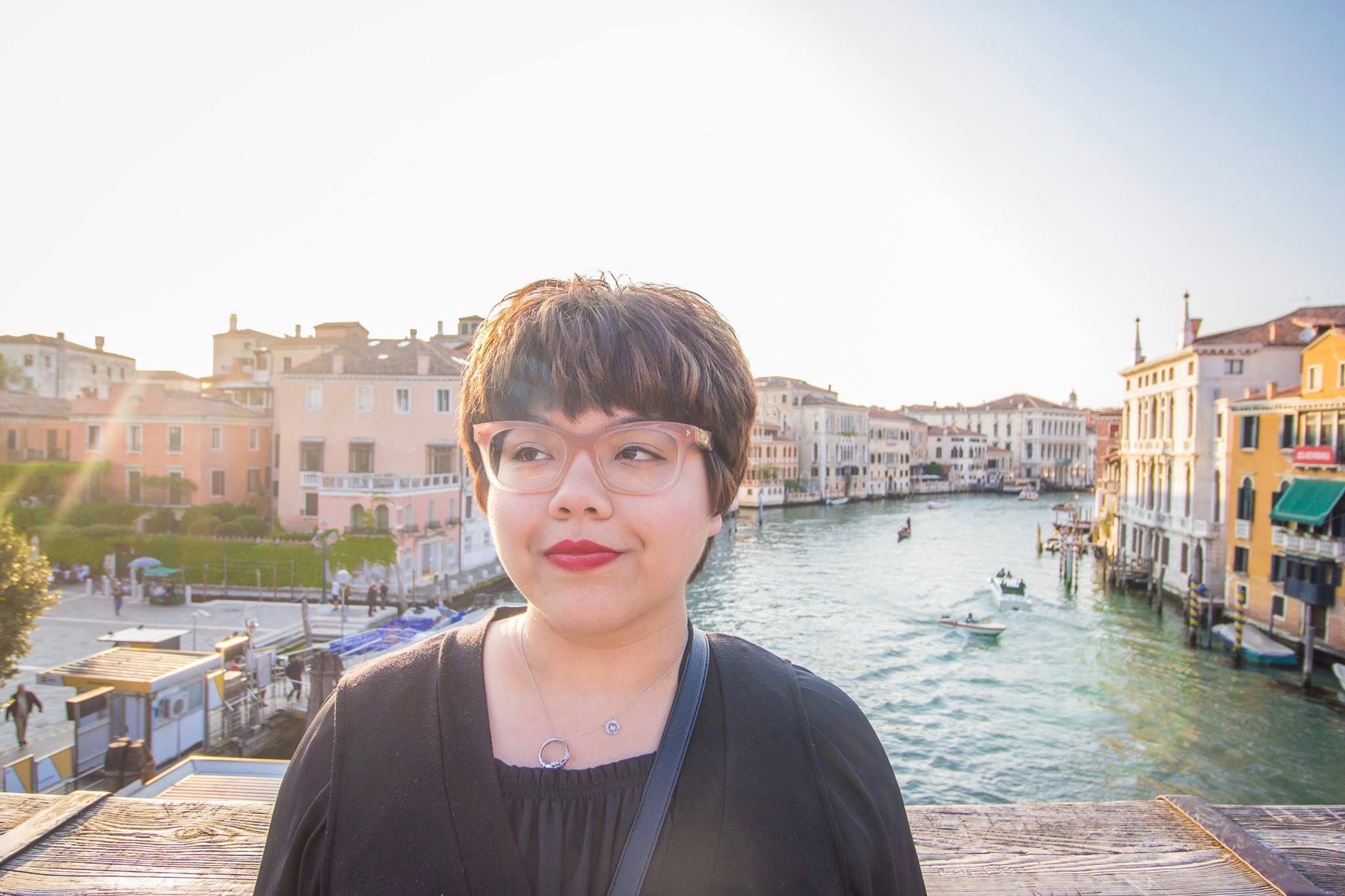
Stephanie Zgouridi
Contributing Editor
Stephanie Zgouridi is a Ph.D. Candidate in History at Princeton University. Her current research focuses on the conceptual history of generation(s) in modern Europe, particularly in France, Germany, and Spain. She received her M.A. in European Studies from KU Leuven and her B.A. in History and Political Science from the University of California, Berkeley.
Primary Editors Emeriti
Artur Banaszewski
Simon Brown
Sarah Claire Dunstan
Shuvatri Dasgupta
Thomas Furse
Isabel Jacobs
Erin McGuirl
Madeline McMahon (founding ed.)
Derek O’Leary
John Raimo (founding ed.)
Emily Rutherford (founding ed.)
Luna Sarti
Anne Schult
Spencer Weinreich
Contributing Editors Emeriti
Nick Barone
Jenny Davis Barnett
Zach Bates
Lyes Benarbane
Eric Brandom
Oscar Broughton
Kristin Buhrow
Alexander Collin
Elsa Costa
Jonas Bakkeli Eide
Kristin Engelhardt
Pablo Martínez Gramuglia
Albert Hawks, Jr.
Andrew Hines
Cynthia Houng
Emily Hull
Rachel Kaufman
Pranav Kumar Jain
David Kretz
Daniel London
Brendan Mackie
E. L. Meszaros
Tamara Maatouk
Max Norman
Brooke Palmieri
Maryam Patton
Jake Purcell
Basma N. Radwan
Glauco Schettini
Yitzchak Schwartz
Carolyn Taratko
Maria Weigel
Grant Wong
Tingfeng Yan
Editorial Assistants Emeriti
Scott Newman
Ruhi Roy
Editorial Interns Emeriti
Rachel Kaufman
Lauren Kelly
Celeste Marcus


